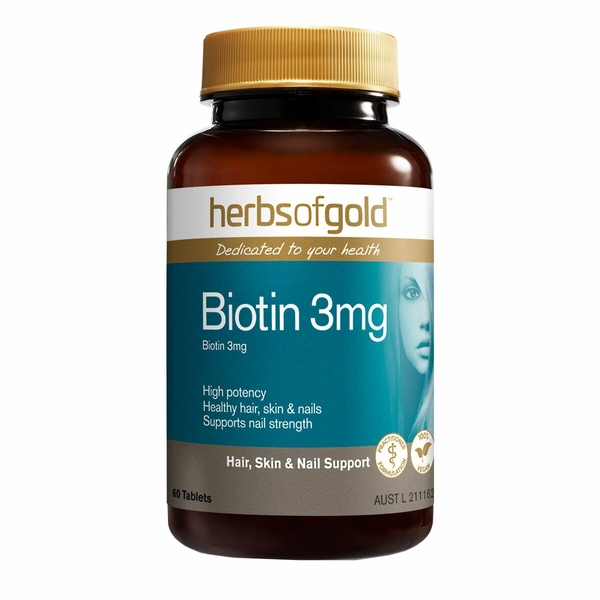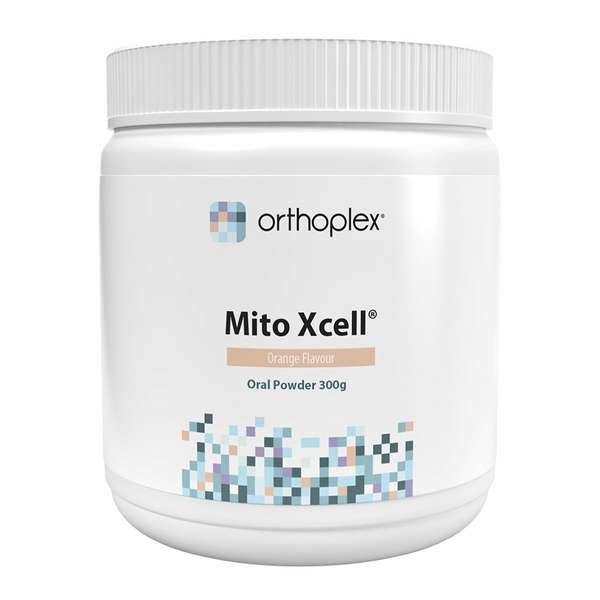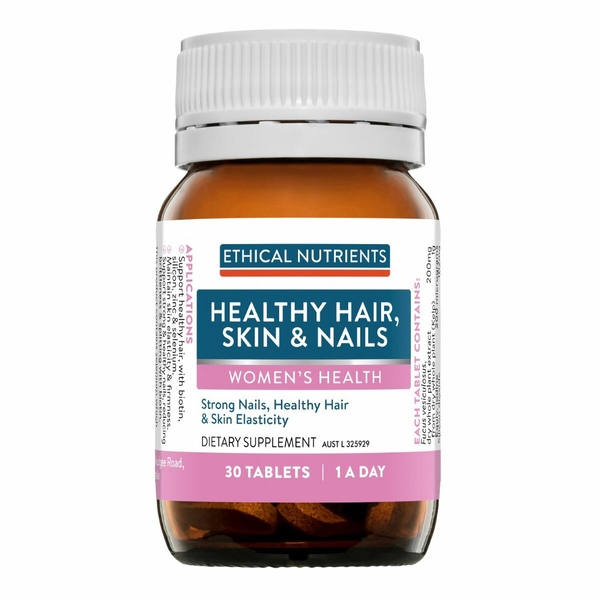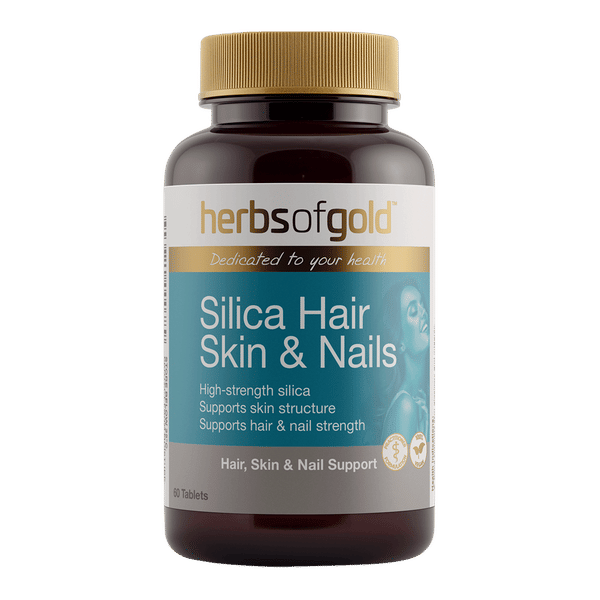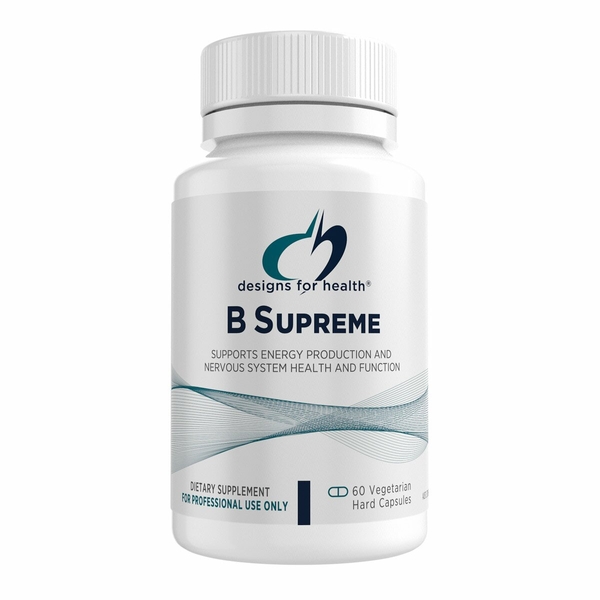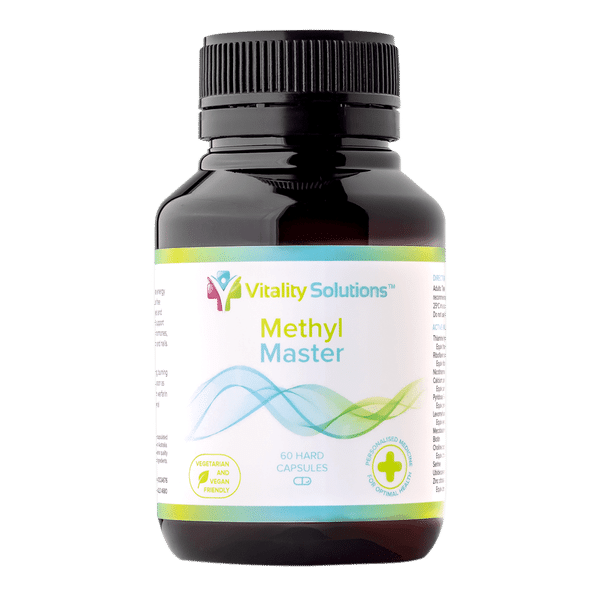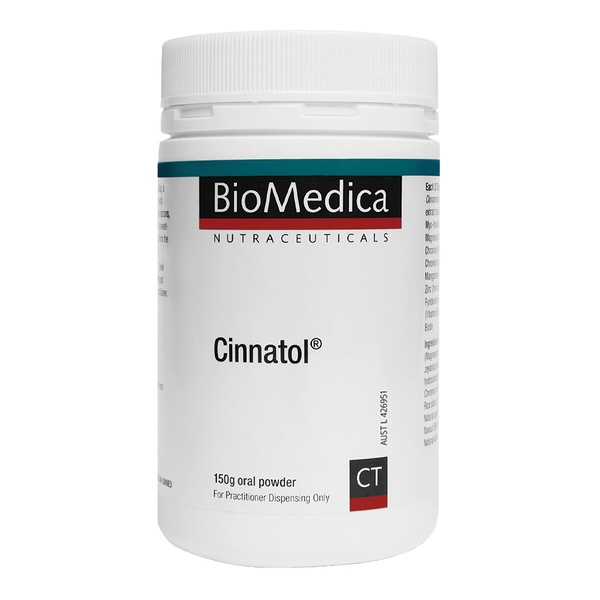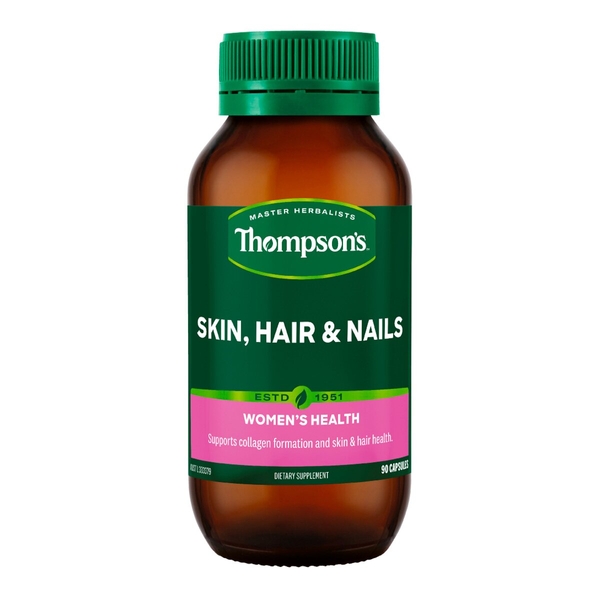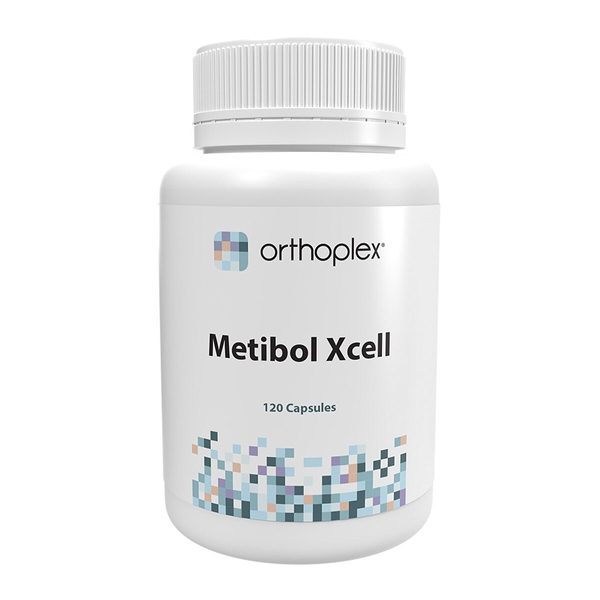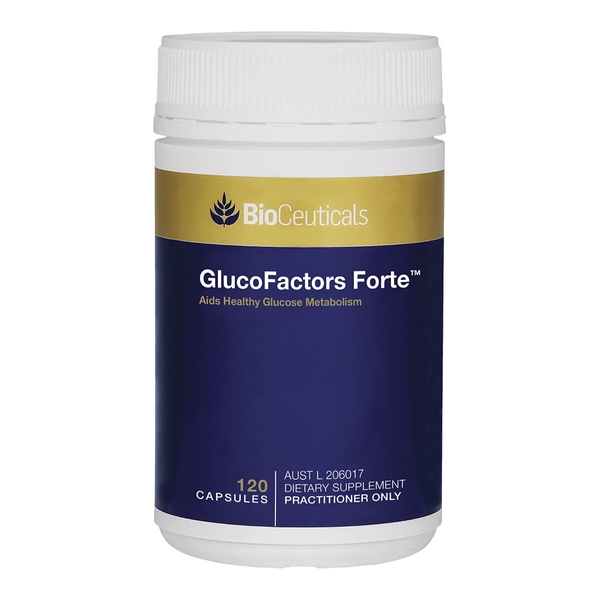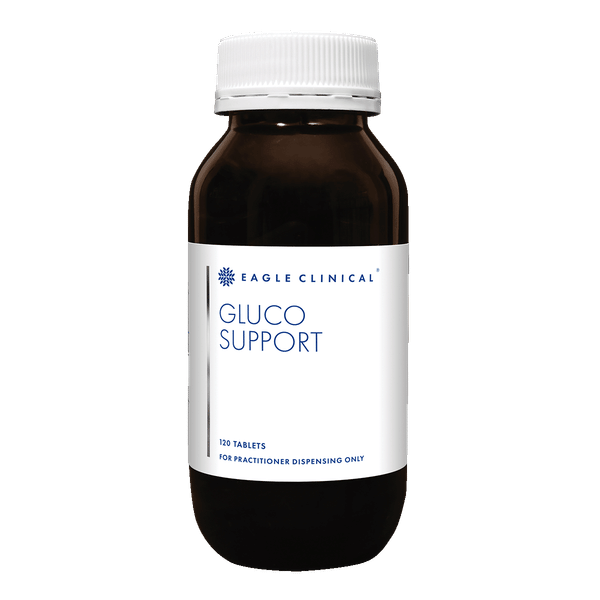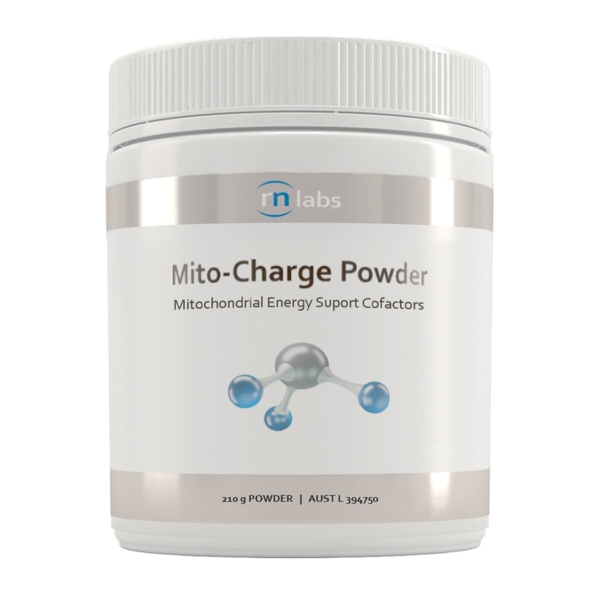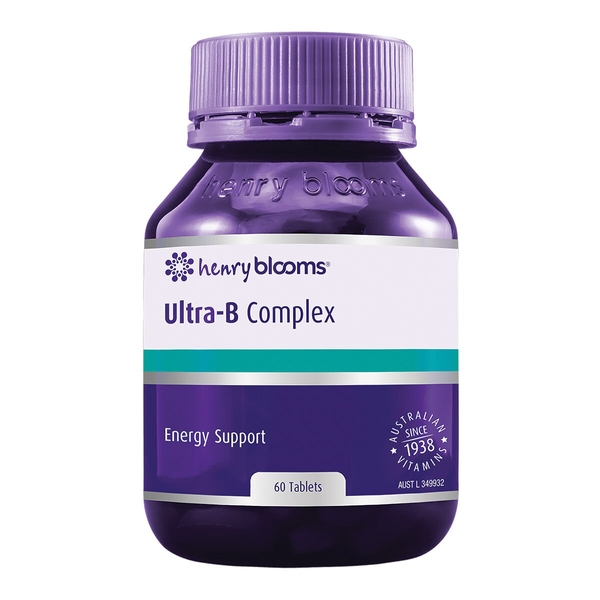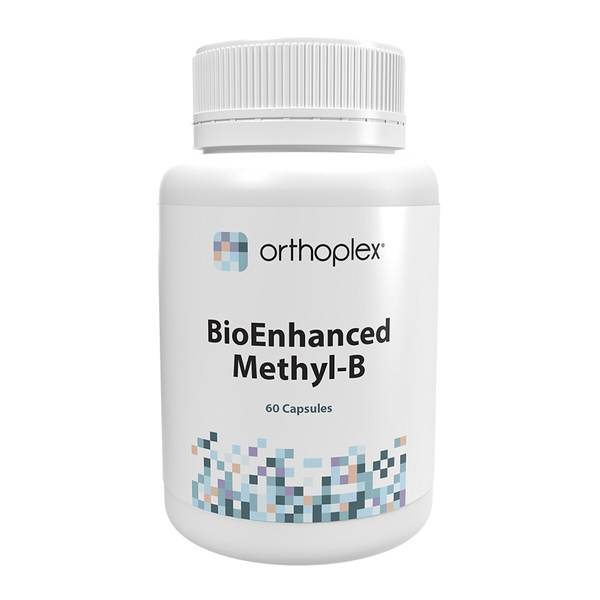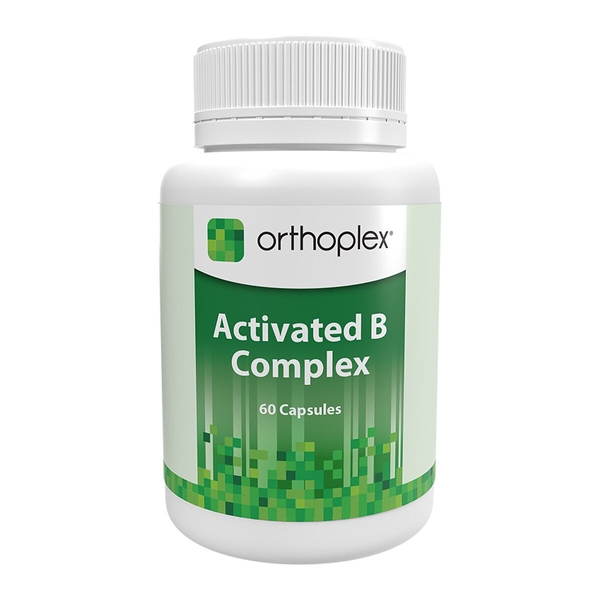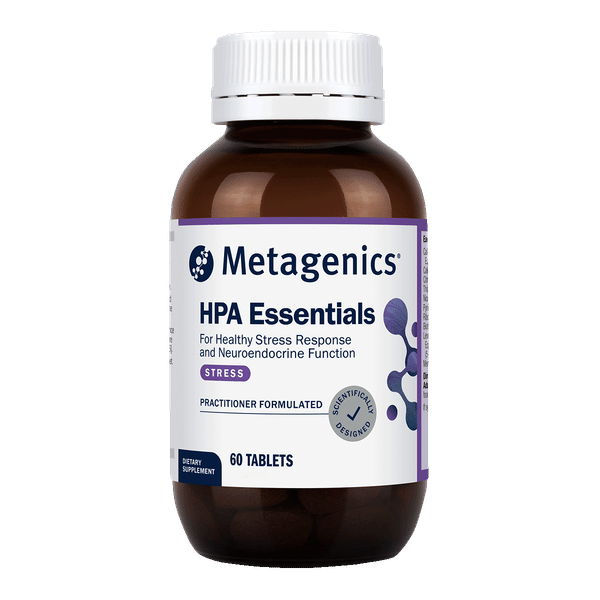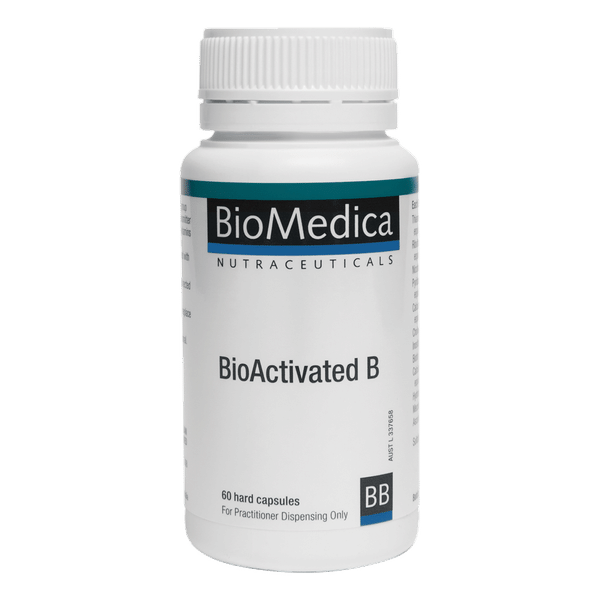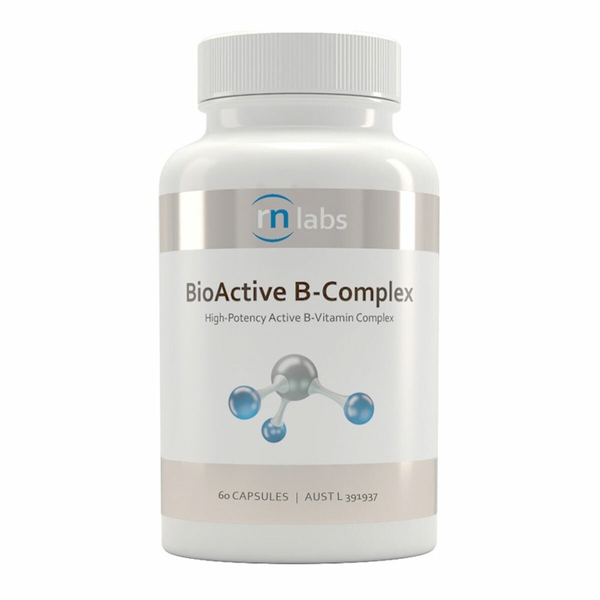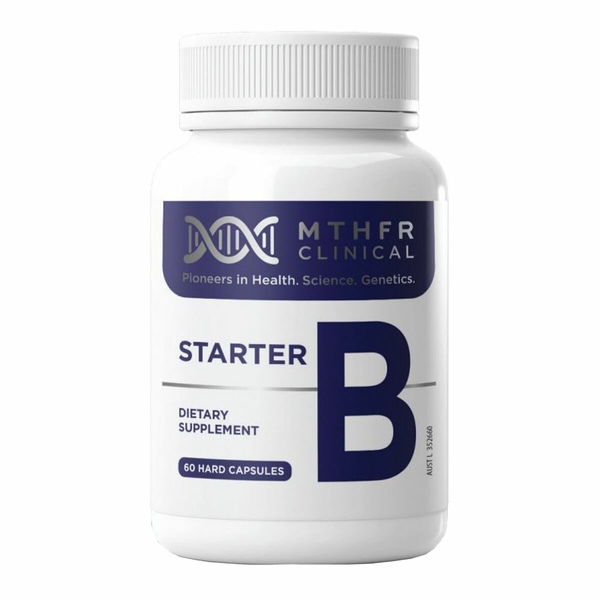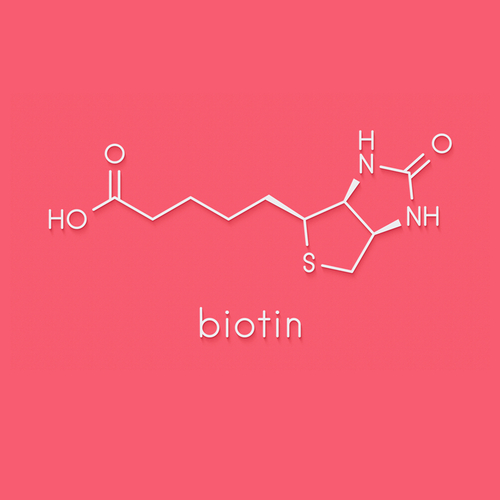
Biotin
Alternate names: Biotina, Biotine, Biotine-D, Coenzyme R, D-Biotin, Vitamin B7, Vitamin H, Vitamine B7, Vitamine H, W Factor
Actions: Antidiabetes, Lipid-lowering, Developmental, Fertility, Growth, Immunomodulating, Neurological
Background
Biotin (vitamin B7) is a vitamin found in foods like eggs, milk, and bananas. Biotin deficiency can cause thinning of the hair and a rash on the face.
Biotin is an important part of enzymes in the body that break down substances like fats, carbohydrates, and others. There isn't a good test for detecting low biotin levels, so it's usually identified by its symptoms, which include thinning hair and red scaly rash around the eyes, nose, and mouth.
Biotin is used for biotin deficiency. It is also commonly used for hair loss, brittle nails, and other conditions, but there is no good scientific evidence to support these uses. Biotin supplements might interfere with some lab tests. Talk with your doctor if you are taking biotin supplements and need to have any blood tests.
Biotin is an important part of enzymes in the body that break down substances like fats, carbohydrates, and others. There isn't a good test for detecting low biotin levels, so it's usually identified by its symptoms, which include thinning hair and red scaly rash around the eyes, nose, and mouth.
Biotin is used for biotin deficiency. It is also commonly used for hair loss, brittle nails, and other conditions, but there is no good scientific evidence to support these uses. Biotin supplements might interfere with some lab tests. Talk with your doctor if you are taking biotin supplements and need to have any blood tests.
Safety Safety definitions
When taken by mouth: Biotin is likely safe for most people when taken in doses up to 300 mg daily for up to 6 months. But it is more commonly used in lower doses of 2.5 mg daily.
When applied to the skin: Biotin is likely safe for most people when applied in cosmetic products that contain up to 0.6% biotin.
Children: Biotin is likely safe when taken by mouth. It's been used safely in doses of 5-25 mcg daily.
An inherited condition in which the body cannot process biotin (biotinidase deficiency): People with this condition might have low levels of biotin and may need a biotin supplement.
Kidney dialysis: People receiving kidney dialysis might have low levels of biotin and may need a biotin supplement.
Smoking: People who smoke might have low biotin levels and may need a biotin supplement.
Laboratory tests: Taking biotin supplements might interfere with the results of many different blood lab tests. Biotin can cause falsely high or falsely low test results. This might lead to missed or incorrect diagnoses. Tell your doctor if you are taking biotin supplements, especially if you are having lab tests done. You may need to stop taking biotin before your blood test. Most multivitamins contain low doses of biotin, which are unlikely to interfere with blood tests. But talk to your doctor to be sure.
When applied to the skin: Biotin is likely safe for most people when applied in cosmetic products that contain up to 0.6% biotin.
Special Precautions & Warnings:
Pregnancy and breast-feeding: Biotin is likely safe when used in recommended amounts during pregnancy and breast-feeding.Children: Biotin is likely safe when taken by mouth. It's been used safely in doses of 5-25 mcg daily.
An inherited condition in which the body cannot process biotin (biotinidase deficiency): People with this condition might have low levels of biotin and may need a biotin supplement.
Kidney dialysis: People receiving kidney dialysis might have low levels of biotin and may need a biotin supplement.
Smoking: People who smoke might have low biotin levels and may need a biotin supplement.
Laboratory tests: Taking biotin supplements might interfere with the results of many different blood lab tests. Biotin can cause falsely high or falsely low test results. This might lead to missed or incorrect diagnoses. Tell your doctor if you are taking biotin supplements, especially if you are having lab tests done. You may need to stop taking biotin before your blood test. Most multivitamins contain low doses of biotin, which are unlikely to interfere with blood tests. But talk to your doctor to be sure.
Effectiveness
NatMed Pro rates effectiveness based on scientific evidence according to the following scale: Effective, Likely Effective, Possibly Effective, Possibly Ineffective, Likely Ineffective, Ineffective, and Insufficient Evidence to Rate.
Likely effective Effectiveness definitions
- Biotin deficiency. Taking biotin by mouth or by a shot can treat and prevent low blood levels of biotin. Up to 10 mg of biotin by mouth daily has been used to treat and prevent deficiency. A biotin shot can only be given by a healthcare provider.
Possibly ineffective Effectiveness definitions
- Multiple sclerosis (MS). Taking high-dose biotin by mouth does not reduce disability in people with MS. It also doesn't seem to affect the risk for relapse.
- Rough, scaly skin on the scalp and face (seborrheic dermatitis). Taking biotin does not seem to help improve rash in infants.
Dosing & administration
Small amounts of biotin are found in foods such as eggs, milk, and bananas. It's recommended that adults consume 30 mcg daily. The same amount should be consumed during pregnancy. When breast-feeding, 35 mcg should be consumed daily. Recommended amounts for children depend on age. Speak with a healthcare provider to find out what dose might be best for a specific condition.
Interactions with pharmaceuticals
It is not known if Biotin interacts with any medicines. Before taking Biotin, talk with your healthcare professional if you take any medications.
Interactions with herbs & supplements
Alpha-lipoic acid: Taking alpha-lipoic acid and biotin together can reduce the absorption of both alpha-lipoic acid and biotin into the body.
Vitamin B5 (pantothenic acid): Taking biotin and vitamin B5 together can reduce the absorption of both biotin and vitamin B5 into the body.
Vitamin B5 (pantothenic acid): Taking biotin and vitamin B5 together can reduce the absorption of both biotin and vitamin B5 into the body.
Interactions with foods
Eating 2 or more uncooked egg whites daily for several months can cause biotin deficiency. Raw egg whites bind to biotin in the stomach and prevent the body from absorbing it.
Products
View all productsRRP: $24.95$19.95Save: 20%
Create account
Per 8 g (Orange):
- Biotin 3 mg
- Acetyl levocarnitine hydrochloride (Acetyl-L-carnitine) 1 g
- Levocarnitine (L-carnitine) 250 mg
- Ubidecarenone (Coenzyme Q10) 30 mg
- Selenomethionine 148.8 μg equiv. selenium 60 μg
- Zinc citrate dihydrate 31.92 mg equiv. zinc 10 mg
- Magnesium citrate 1.85 g equiv. magnesium 300 mg
- Inositol 1 g
- Rutin (Rutoside) 750 mg
- R-alpha lipoic acid 50 mg
- Nicotinamide (Vitamin B3) 50 mg
- Calcium pantothenate (Vitamin B5) 100 mg equiv. pantothenic acid 91.6 mg
- Manganese amino acid chelate 20 mg equiv. manganese 2 mg
- Palm tocotrienols complex (Vitamin E) 5 mg
- Reynoutria japonica ext. 200 mg
- Riboflavin 5-phosphate sodium (Activated B2) 10 mg equiv. riboflavin 7.6 mg
Practitioner product
Per tablet:
- Biotin 2.5 mg
- Zinc amino acid chelate 75 mg equiv. zinc 15 mg
- Silicon dioxide 107 mg equiv. silicon 50 mg
- Lycopene 6 mg
- Beta-carotene carotenoids (Vitamin A) 4.8 mg
- Borax 26 mg equiv. boron 3 mg
- Manganese amino acid chelate 94 mg equiv. manganese 15 mg
- Selenomethionine 188 μg equiv. selenium 75 μg
- d-alpha-Tocopheryl acid succinate (Vitamin E) 12 mg equiv. d-alpha-tocopherol 14.9 IU
- Fucus vesiculosus ext. 200 mg
RRP: $37.50$30.00Save: 20%
Create account
RRP: $62.95$53.52Save: 15%
Create account
Per tablet:
- Biotin 2.5 mg
- Total Silicon 216 mg
- Ascorbic acid (Vitamin C) 200 mg
- Calcium pantothenate (Vitamin B5) 27 mg equiv. pantothenic acid 25 mg
- Retinol acetate 750 μg RE equiv. vitamin A 2500 IU
- Zinc amino acid chelate 100 mg equiv. zinc 20 mg
- Glycine 20 mg
- Lysine hydrochloride 25 mg equiv. lysine 20 mg
- L-proline 20 mg
RRP: $58.50$46.79Save: 20%
Create account
Per capsule:
- Biotin 2 mg
- Pyridoxal 5-phosphate monohydrate (P5P) 78.37 mg equiv. pyridoxine 50 mg
- Mecobalamin (Vitamin B12) 250 µg
- Calcium pantothenate (Vitamin B5) 109.17 mg equiv. pantothenic acid 100 mg equiv. calcium 9.16 mg
- Thiamine hydrochloride (Vitamin B1) 112.15 mg equiv. thiamine 100 mg
- Riboflavin 5-phosphate sodium (Activated B2) 68.49 mg equiv. riboflavin 50 mg
- Nicotinamide (Vitamin B3) 50 mg
- Ubidecarenone (Coenzyme Q10) 50 mg
- Levomefolate glucosamine (Activated folate) 901.7 µg equiv. levomefolic acid 500 µg
- Choline bitartrate 200 mg equiv. choline 82.26 mg
Practitioner product
Per capsule:
- Biotin 2 mg
- Choline bitartrate 121.57 mg equiv. choline 50 mg
- L-serine 50 mg
- Ubidecarenone (Coenzyme Q10) 30 mg
- Thiamine hydrochloride (Vitamin B1) 127.1 mg equiv. thiamine 100 mg
- Riboflavin 5-phosphate sodium (Activated B2) 39.47 mg equiv. riboflavin 30 mg
- Nicotinamide (Vitamin B3) 50 mg
- Calcium pantothenate (Vitamin B5) 54.59 mg equiv. pantothenic acid 50 mg
- Pyridoxal 5-phosphate monohydrate (P5P) 47.02 mg equiv. pyridoxine 30 mg
- Mecobalamin (Vitamin B12) 500 μg
- Zinc citrate dihydrate 46.73 mg equiv. zinc 15 mg
- Levomefolate glucosamine (Activated folate) 901.7 μg equiv. levomefolic acid 500 μg
$50.75
Create account
Per 3.75 g:
- Biotin 1.5 mg
- Cinnamomum verum ext. 167.5 mg
- Inositol 2 g
- Magnesium citrate 970.8 mg equiv. magnesium 150 mg
- Chromic chloride hexahydrate 385.1 μg equiv. chromium 75 μg
- Manganese sulphate monohydrate 6.2 mg equiv. manganese 2 mg
- Zinc citrate dihydrate 31.1 mg equiv. zinc 10 mg
- Pyridoxine hydrochloride (Vitamin B6) 25 mg equiv. pyridoxine 20.6 mg
- Chromium picolinate 199.9 μg equiv. chromium 25 μg
Practitioner product
Per capsule:
- Biotin 1.25 mg
- Sodium ascorbate (Vitamin C) 33.75 mg equiv. ascorbic acid 30 mg
- d-alpha-Tocopherol 20.12 mg equiv. vitamin E 30 IU
- Silica - colloidal anhydrous 30 mg
- Omega 3 triglycerides 60 mg
- Retinyl palmitate (Vitamin A) 1.38 mg equiv. retinol 750 µg RE
- Pyridoxine hydrochloride (Vitamin B6) 10 mg equiv. pyridoxine 8.23 mg
- Cholecalciferol 10 µg equiv. vitamin D3 400 IU
- Selenomethionine 124 µg equiv. selenium 50 µg
- Zinc amino acid chelate 37.5 mg equiv. zinc 7.5 mg
- Oenothera biennis oil 200 mg
- Demineralised fish proteoglycan extract (Selachii) 125 mg
RRP: $50.00$36.99Save: 26%
Create account
Per capsule:
Practitioner product
Practitioner product
Per tablet:
- Biotin 1 mg
- Total Chromium 250 μg
- Chromium chloride hexahydrate 1.2 mg equiv. chromium 234 μg
- Chromium nicotinate 129 μg equiv. chromium 16 μg
- Cinnamomum verum ext. 83.3 mg
- Alpha lipoic acid 200 mg
- Magnesium amino acid chelate 250 mg equiv. magnesium 50 mg
- Zinc amino acid chelate 25 mg equiv. zinc 5 mg
- Cholecalciferol 5 μg equiv. vitamin D3 200 IU
Practitioner product
Per 7.5 g:
- Biotin 1 mg
- D-Ribose 4.6 g
- Acetyl levocarnitine hydrochloride (Acetyl-L-carnitine) 1 g
- Calcium pyruvate 666 mg equiv. calcium 100 mg
- Magnesium citrate 647 mg equiv. magnesium 100 mg
- Calcium pantothenate (Vitamin B5) 65 mg equiv. pantothenic acid 60 mg
- Taurine 50 mg
- Nicotinamide riboside chloride (Vitamin B3) 100 mg equiv. ribose 52 mg
Practitioner product
Per tablet:
- Biotin 1 mg
- Thiamine nitrate (Vitamin B1) 75 mg equiv. thiamine 60.8 mg
- Riboflavin (Vitamin B2) 50 mg
- Nicotinamide (Vitamin B3) 100 mg
- Pyridoxine hydrochloride (Vitamin B6) 50 mg equiv. pyridoxine 41.1 mg
- Cyanocobalamin (Vitamin B12) 100 µg
- Calcium pantothenate (Vitamin B5) 81.8 mg equiv. pantothenic acid 75 mg
- Folic acid 200 µg
- Inositol 25 mg
- Choline bitartrate 25 mg
- Ascorbic acid (Vitamin C) 100 mg
RRP: $33.95$25.47Save: 25%
Create account
Per capsule:
- Biotin 500 μg
- Hydroxocobalamin (Vitamin B12) 100 μg
- Mecobalamin (Vitamin B12) 400 μg
- Ubidecarenone (Coenzyme Q10) 30 mg
- Ascorbic acid (Vitamin C) 300 mg
- Levomefolate calcium (Activated folate) 430 μg equiv. levomefolic acid 400 μg
- Calcium folinate (Activated folate) 110 μg equiv. folinic acid 100 μg
- Pyridoxal 5-phosphate monohydrate (P5P) 26.8 mg equiv. pyridoxine 17.11 mg
- Calcium pantothenate (Vitamin B5) 50 mg equiv. pantothenic acid 45.80 mg equiv. calcium 4.2 mg
- Nicotinamide (Vitamin B3) 50 mg
- Riboflavin 5-phosphate sodium (Activated B2) 30 mg equiv. riboflavin 21.9 mg
- Thiamine hydrochloride (Vitamin B1) 100 mg equiv. thiamine 89.19 mg
- Nicotinamide riboside chloride (Vitamin B3) 50 mg equiv. ribose 25.8 mg
Practitioner product
Per capsule:
- Biotin 500 μg
- Thiamine hydrochloride (Vitamin B1) 50 mg equiv. thiamine 44.6 mg
- Riboflavin 5-phosphate sodium (Activated B2) 20 mg
- Pyridoxal 5-phosphate (P5P) 10 mg equiv. pyridoxine 6.38 mg
- Cyanocobalamin (Vitamin B12) 500 μg
- Nicotinamide (Vitamin B3) 80 mg
- Nicotinic acid (Vitamin B3) 20 mg
- Calcium pantothenate (Vitamin B5) 164 mg equiv. pantothenic acid 150 mg
- Pyridoxine hydrochloride (Vitamin B6) 20 mg equiv. pyridoxine 16.5 mg
- Choline bitartrate 100 mg
- Inositol 100 mg
- Calcium folinate (Activated folate) 521 μg equiv. folinic acid 400 μg
Practitioner product
Per tablet:
- Biotin 500 μg
- Pyridoxal 5-phosphate monohydrate (P5P) 50 mg equiv. pyridoxine 32.5 mg
- Levomefolate calcium (Activated folate) 217 μg equiv. levomefolic acid 200 μg
- Co-methylcobalamin (Vitamin B12) 200 μg
- Calcium ascorbate dihydrate (Vitamin C) 545 mg equiv. ascorbic acid 450 mg
- Calcium pantothenate (Vitamin B5) 300 mg
- Citrus bioflavonoids extract 50 mg
- Thiamine hydrochloride (Vitamin B1) 50 mg
- Nicotinamide (Vitamin B3) 50 mg
- Riboflavin 5-phosphate sodium (Activated B2) 20 mg
Practitioner product
Per capsule:
- Biotin 500 μg
- Calcium folinate (Activated folate) 540 μg equiv. folinic acid 500 μg
- Hydroxocobalamin (Vitamin B12) 100 μg
- Mecobalamin (Vitamin B12) 400 μg
- Thiamine hydrochloride (Vitamin B1) 113 mg equiv. thiamine 89 mg
- Riboflavin 5-phosphate sodium (Activated B2) 30 mg equiv. riboflavin 22.8 mg
- Nicotinamide (Vitamin B3) 100 mg
- Pyridoxal 5-phosphate (P5P) 27 mg equiv. pyridoxine 17.11 mg
- Calcium pantothenate (Vitamin B5) 50 mg equiv. pantothenic acid 45.8 mg
- Choline bitartrate 75 mg
- Inositol 75 mg
- Ascorbic acid (Vitamin C) 100 mg
Practitioner product
Per capsule:
- Biotin 500 μg
- Calcium folinate (Activated folate) 542 μg equiv. folinic acid 500 μg
- Hydroxocobalamin (Vitamin B12) 500 μg
- Thiamine hydrochloride (Vitamin B1) 63.5 mg equiv. thiamine 50 mg
- Riboflavin 5-phosphate sodium (Activated B2) 26.3 mg equiv. riboflavin 20 mg
- Nicotinamide (Vitamin B3) 150 mg
- Calcium pantothenate (Vitamin B5) 218.3 mg equiv. pantothenic acid 200 mg
- Pyridoxal 5-phosphate (P5P) 31.3 mg equiv. pyridoxine 20 mg
- Inositol 100 mg
Practitioner product
Per capsule:
- Biotin 500 μg
- Riboflavin 5-phosphate sodium (Activated B2) 25 mg equiv. riboflavin 19.7 mg
- Pyridoxal 5-phosphate monohydrate (P5P) 23.5 mg equiv. pyridoxine 15 mg
- Calcium pantothenate (Vitamin B5) 196.5 mg equiv. pantothenic acid 180 mg
- Nicotinamide (Vitamin B3) 130 mg
- Thiamine hydrochloride (Vitamin B1) 63.6 mg equiv. thiamine 50 mg
Practitioner product
vital.ly has licensed monographs from TRC Healthcare.
This monograph was last reviewed on 16/01/2025 11:00:00 and last updated on 13/11/2022 10:38:45. Monographs are reviewed and/or updated multiple times per month and at least once per year.
Natural Medicines disclaims any responsibility related to medical consequences of using any medical product. Effort is made to ensure that the information contained in this monograph is accurate at the time it was published. Consumers and medical professionals who consult this monograph are cautioned that any medical or product related decision is the sole responsibility of the consumer and/or the health care professional. A legal License Agreement sets limitations on downloading, storing, or printing content from this Database. No reproduction of this monograph or any content from this Database is permitted without written permission from the publisher. It is unlawful to download, store, or distribute content from this site.

